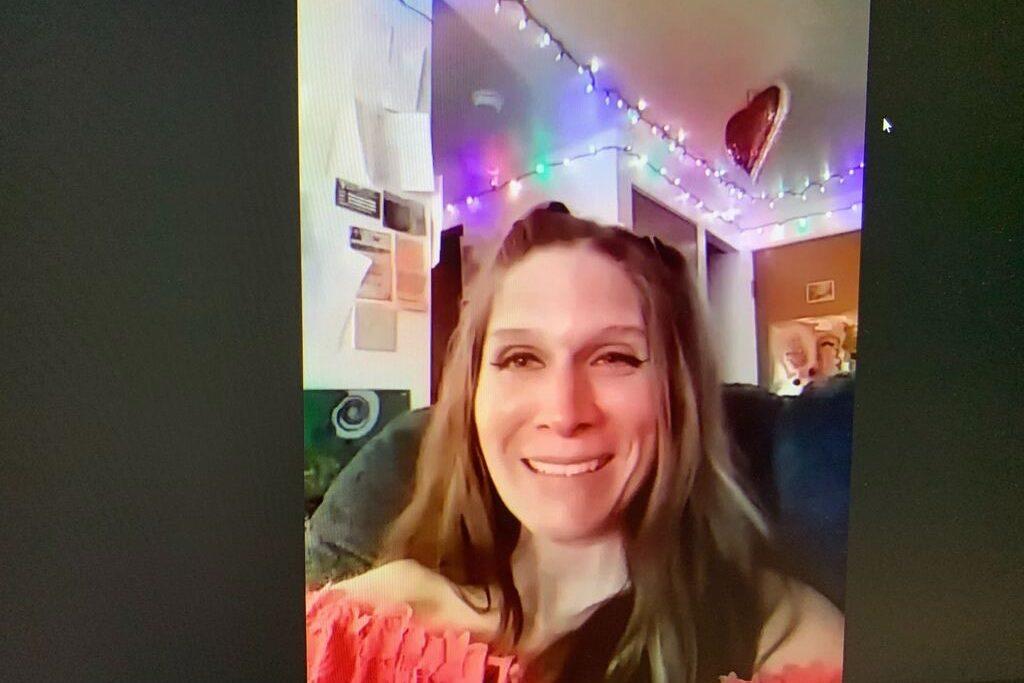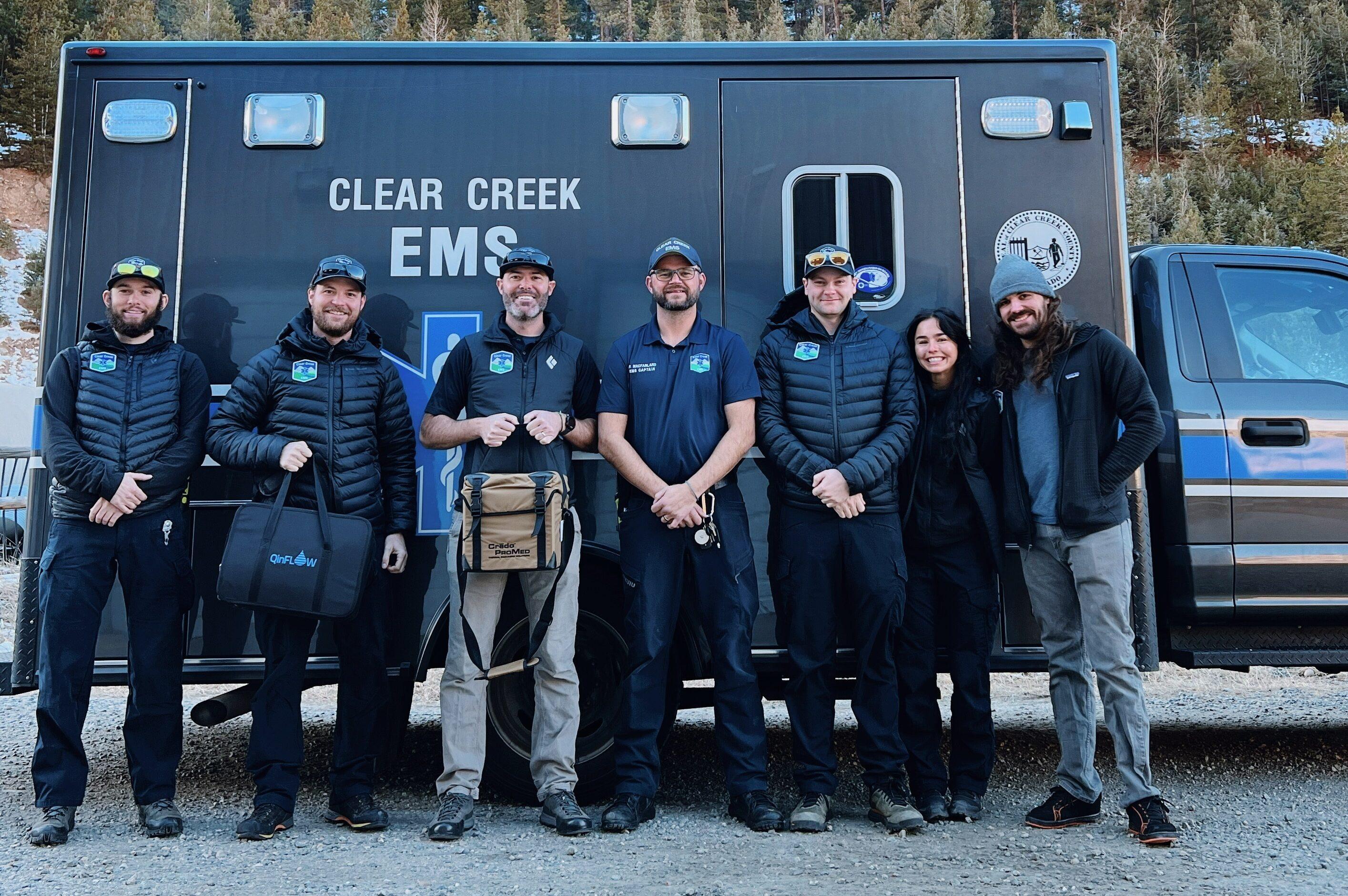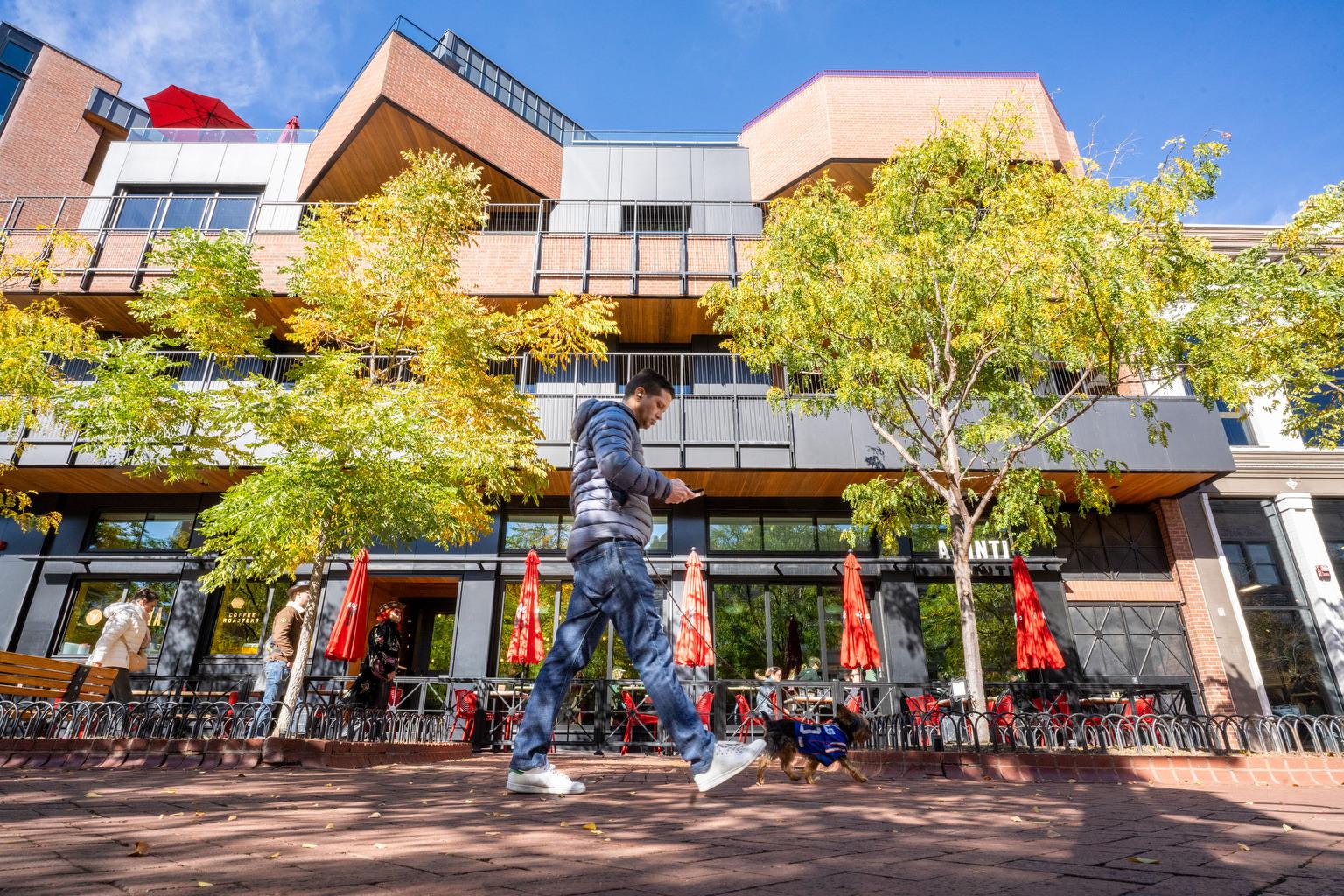
Jennifer Gerise Lee’s home in Grand Junction is like a command center for her emotional wellness.
It’s decorated with things that make her happy: a fall-themed tapestry, strings of hearts and a year-round Christmas tree. It’s a sanctuary where she can paint, read self-help books and write songs, no matter what’s happening outside.
The worldwide grip of the coronavirus, however, has been impossible to keep out.
The other night, alone in her apartment, Lee went through an eruption of panic attacks, one after another. They were the first she’d suffered in 20 years.
“It was like this cold, icy fear that I felt through my chest and my body,” she recounted afterward. “There was no sleep. There's been no sleep for me for days.”
Lee has paranoid schizophrenia and dissociative identity disorder. She used to call the FBI with tips she thought were true but weren’t, and that sometimes led to asking officers out on dates. Years of therapy and medication helped though; the voices in her head remained, but the messages they relayed were less dire and more mundane.
That was, until the pandemic, and its accompanying isolation.
“Since this COVID thing has been going on, my voices have changed,” she said, “and now they're saying things like: ‘You're going to die a horrible, painful, slow death.’”
While life right now is hard on everyone, navigating the invisible threat of this disease is especially tough for people who already deal with mental illness. To make the situation even harder, social distancing and “stay-at-home” orders mean they can’t even sit alongside others who understand and can help them through. In normal times, Lee attends two support groups a day, a routine she dearly misses now.
As a replacement, she's turned to the same technology many offices, classrooms, and families use to stay connected.
“Thank God for Zoom,” she said.
Meeting over a computer screen isn’t the same, of course; there are no hugs, no holding hands and the meetings are far less frequent. But without these video check-ins, Lee said she'd “be crying my eyes out every day.”
Virtual check-ins also help behavioral health workers stay in touch with the clients they know need them more than ever right now. The new coronavirus, and the isolation it’s caused, is a huge trigger for many people, especially those who were already struggling.
If you need help, dial 988 to reach the Suicide and Crisis Lifeline. You can also reach the Colorado Crisis Services hotline at 1-844-493-8255 or text “TALK” to 38255 to speak with a trained counselor or professional. Counselors are also available at walk-in locations or online to chat.
“We’re just trying to connect with every single person we can,” said Angel Wilson, a peer specialist at Mind Springs Health, the largest provider of mental health care on the Western Slope.
Wilson uses Zoom meetings and personal check-ins to help about 25 people deal with the dark feelings bubbling up right now. She’s connected with former clients, too, as well as people in the homeless community.
“People feeling like, you know, ‘this is the end of the world, so why keep trying?’” she said.
She offers them reassurance and tells them they've “been through hard times, you will go through hard times again, but you will get through this.”
And she reminds them they are strong “and that they are survivors because we all are,” she continued. “We wouldn't be here if we weren't.”
Wilson herself is bipolar and attempted suicide twice as a teenager. After both her parents went to jail, she had to raise her siblings. Decades later, PTSD from those experiences still flares up. She knows from first-hand experience how difficult it can be to seek help.
“That's the scariest part, is actually reaching out and asking,” she said. “You know that one foot — getting that foot in the door.”
Wilson hopes that perhaps, with meetings now online, it might actually make it less intimidating for some to seek help for the first time.
For her part, Lee has actually seen more people than normal at Overeaters Anonymous, one of the Zoom groups where she gets the most solace. As much as she misses human contact, she hopes some of these mobile meetings continue, even after things get back to normal. It can be relaxing to talk from your living room.
“You could sit there and drink a cup of coffee and sit in your recliner. It's nice,” she said.
In spite of her current struggles, Lee says she’s still trying to see the good in life. “That’s the only way I can stay alive, you know?” she said. “And I’m just trying to make something out of myself.”
And she’s determined to keep at it, even in the midst of a global pandemic.









